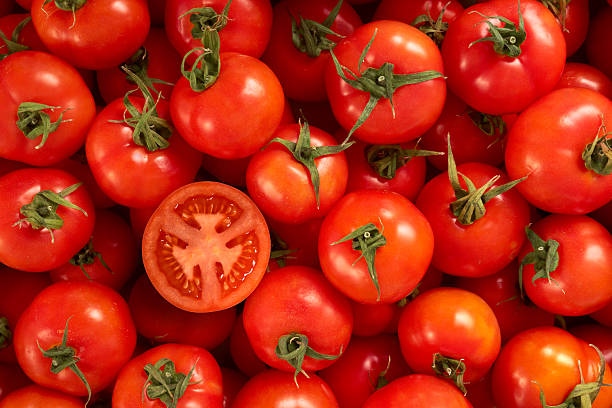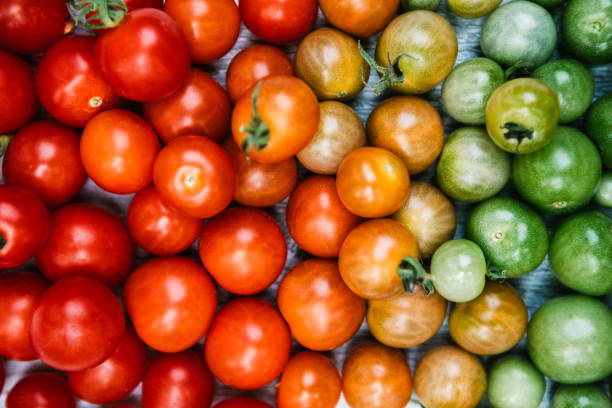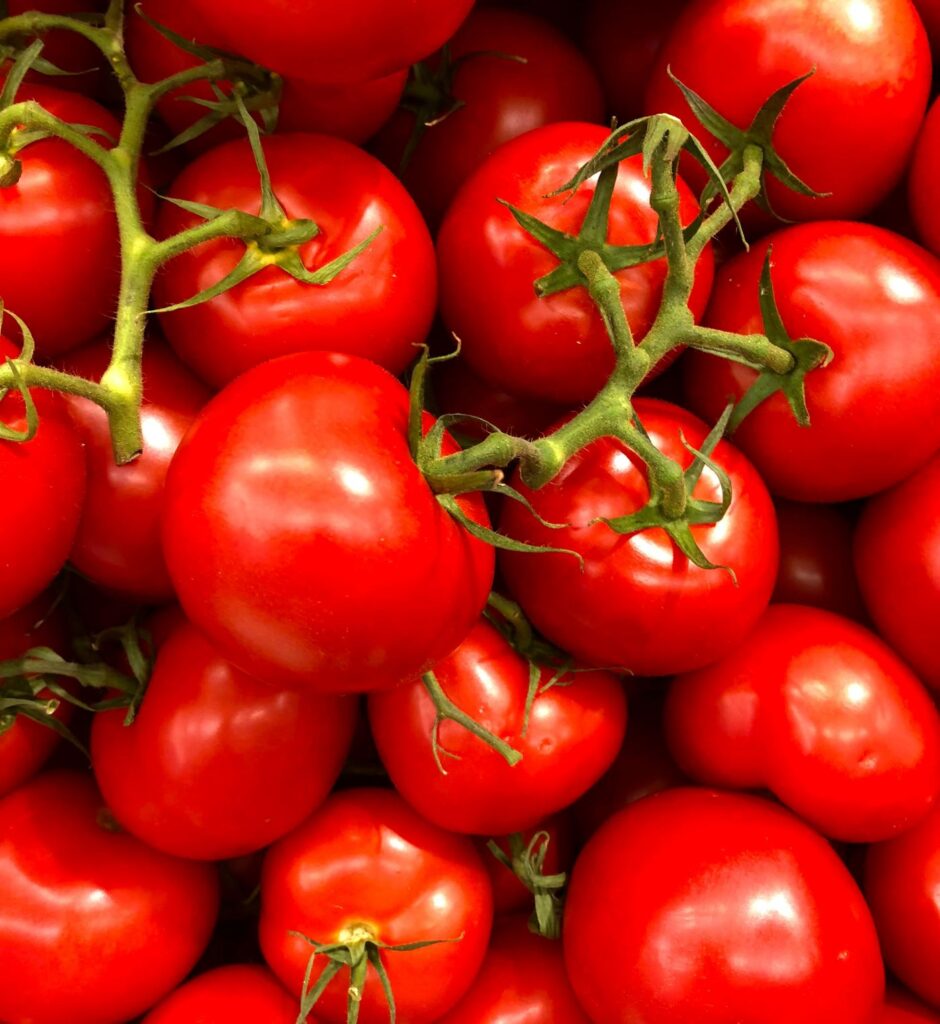What to Eat and Drink
Do Tomatoes Cause Inflammation
Do tomatoes cause inflammation? It’s an issue that has stirred debate among both health enthusiasts and researchers. While tomatoes are indisputably delicious and high in nutrients, some feel they can cause inflammation in the body. Inflammation, the body’s normal response to injury or illness, can be harmful if it persists.
What is Inflammation?
Inflammation is a complex biological reaction that occurs when the body’s immune system is aroused. It is an essential component of the healing process, helping to protect the body from dangerous invaders like germs and viruses. Acute inflammation is a temporary response that usually diminishes once the threat has been eliminated. However, if inflammation persists for an extended length of time, it can result in chronic diseases such as arthritis, heart disease, and even cancer.
Understanding the Relationship Between Diet and Inflammation
Diet plays an important function in controlling inflammation in the body. Certain foods and dietary habits have been linked to increased inflammation, while others have been shown to have anti-inflammatory properties. A diet rich in refined sweets, processed meats, and trans fats has been related to chronic inflammation. On the other side, a diet high in fruits and vegetables, whole grains, and healthy fats such as olive oil and fatty fish has been demonstrated to lower inflammation.

Common Foods That May Cause Inflammation
When it comes to determining which meals may promote inflammation, there is no one-size-fits-all solution. However, certain meals have been shown to be more likely to cause inflammation in some people. These include refined carbohydrates like white bread and pastries, sugary drinks, processed meats, and trans fats in fried and packaged foods. It is crucial to note that the effects of these meals on inflammation differ from person to person.
The Role of Tomatoes in Inflammation
Proponents of the tomato-induced inflammation idea believe that tomatoes contain solanine, a naturally occurring molecule that belongs to a class of chemicals known as alkaloids. Some research has suggested that solanine may lead to inflammation in certain people. However, it is crucial to remember that the amounts of solanine in tomatoes are relatively modest and may not be of concern to most people.
Research on Tomatoes and Inflammation
The research on tomatoes and inflammation is scarce and contentious. Some studies have established a link between tomato consumption and inflammatory indicators, whereas others have found no meaningful effect. Furthermore, certain research have emphasized tomatoes’ anti-inflammatory benefits, particularly their high level of lycopene, a potent antioxidant.
One study published in the Journal of Nutrition discovered that drinking tomato juice lowered levels of C-reactive protein (CRP), an inflammation marker. Another study published in the British Journal of Nutrition found that lycopene supplementation lowered inflammatory markers in overweight and obese people. However, further research is required to properly understand the link between tomatoes and inflammation.

Other Factors to Consider When Assessing the Impact of Tomatoes on Inflammation
When evaluating the effect of tomatoes on inflammation, it is critical to examine other elements that may influence the body’s reaction. Individual sensitivities and dietary patterns can have a considerable impact on whether tomatoes produce inflammation in a given person. Some people may be more susceptible to solanine or other substances found in tomatoes, while others may not notice any detrimental effects.
It’s also vital to think about the overall quality of your food. Consuming tomatoes as part of a balanced diet that includes a range of fruits, vegetables, whole grains, and lean proteins is likely to have a different effect on inflammation than consuming tomatoes in the context of a diet high in processed foods and harmful fats.
Tips for Incorporating Tomatoes into an Anti-Inflammatory Diet
If you adore tomatoes and wish to incorporate them in your diet while avoiding the risk of inflammation, here are a few tips:
- Choose organic tomatoes: Organic tomatoes are grown without the use of synthetic pesticides, which may lower your exposure to solanine and other potentially dangerous substances.
- Cook tomatoes: Cooking tomatoes can help break down the cell walls, increasing the bioavailability of beneficial chemicals such as lycopene.
- Pair tomatoes with healthy fats: When tomatoes are combined with healthy fats such as olive oil or avocado, the absorption of lycopene increases.
- Balance your overall diet: Consume a range of anti-inflammatory foods, including berries, leafy greens, fatty fish, nuts, and seeds, as well as tomatoes.

Alternative Ingredients to Use in Place of Tomatoes
If tomatoes routinely cause inflammation in your body, there are plenty of other components you can substitute in your recipes. Some choices are:
- Roasted red peppers: Roasted red peppers can add a tomato-like flavor and texture to salads, sauces, and sandwiches.
- Carrots: Grated or diced carrots can lend sweetness and color to meals that would otherwise include tomatoes.
- Cucumber: Cucumber may provide a pleasant crunch to salads and sandwiches.
- Squash: Roasted or sautéed squash can provide a tasty substitute for tomatoes in warm recipes.
Seeking Professional Advice for Managing Inflammation
If you have inflammatory symptoms or are concerned about the health effects of tomatoes, you should always speak with a healthcare practitioner or certified dietitian. They can offer individualized recommendations based on your specific needs and assist you in developing a nutritional plan that promotes your overall health and well-being.
Conclusion
In conclusion, my exploration into whether tomatoes cause inflammation has revealed inconclusive evidence. While some studies suggest a potential link between tomatoes and inflammation, others emphasize their anti-inflammatory properties. I’ve come to understand that the impact of tomatoes on inflammation may vary depending on individual sensitivities and overall dietary patterns.
If I experience symptoms of inflammation after consuming tomatoes, I’m considering a reduction or elimination from my diet. However, for most people, tomatoes can be a healthy and nutritious addition to a balanced diet. As always, I prioritize listening to my body and making informed choices based on my own experiences and health needs.
I recognize that moderation is key when it comes to any food, and what works for one person may not work for another. If I have concerns about inflammation or any other health issues, I know it’s always a good idea to seek professional advice.


